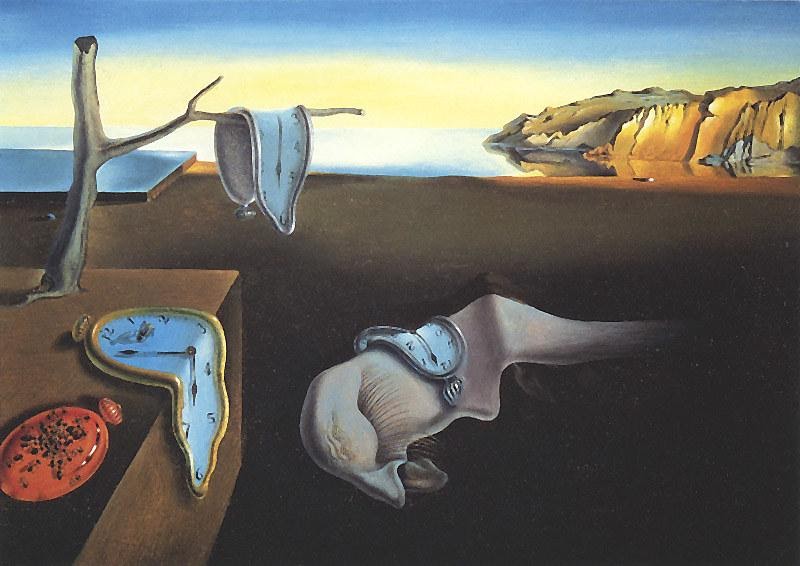
“As it is with a play, so it is with life: what matters is not how long the act lasts, but how good it is.”
Seneca
Seneca is pretty straightforward about how we fail at managing time. According to him, our lifetime is not short, it’s long enough to accomplish what we are meant to. And it can also be seen as a long to the one who makes the best of it.
One of my greatest philosophy professors used to give us an example of this teaching by stating the writer Khalil Gibran, who died at the age of 48. At the time of his death it was considered an average age for death, but now, in the 21st century this death might be considered as extremely early.
But, can we say he didn’t live enough? That his life was short? If you don’t know Gibran, search for him. His most famous work is a book called the Prophet. It’s about a wise man that decides to leave town, and comes back with many lessons for his citizens. Each chapter he opens up about a new subject. He speaks of love, friendship, children, aging, dying and much more. It is an incredibly complete work.
There is no doubt Gibran lived his life fully, with vigor. His legacy speaks for itself.
Unquiet in prosperity
Seneca complains about how it takes us so long to really start living. He thinks we waste too much time as if time was an endless resource. We make the false assumption that we’re going to live like immortals, forever. So we mourn the past, complain about the present and become anxious about the future. This is not living at all.
Mindfulness has become a famous practice all around the world and it’s about being present. The exercise teaches us not to think about the past, since you cannot change it, nor expect the future, as we don’t even know if it’s going to happen. We must be present with the present.
The present is the only thing in our control, when we logically think about it. It doesn’t matter what it is but keeping our minds busy with the past and future is a surefire way to waste a life. Have you ever been on a meal with someone, and keep on checking your phone? Texting and emailing? Do you feel good after that decision?
“You give but little when you give of your possessions. It is when you give of yourself that you truly give.”
Gibran Khalil Gibran
Inpatient in adversity
We don’t enjoy the good times because we’re looking for better times, and when the bad times come around, we get eager to move back to the good times. Our minds know that life is cyclic and dark, that it is followed by light and that light followed by dark. Yet we look to store the light, as if it’s some precious resource.
I’m not saying that we should enjoy hard times. But they are an inevitable part of life, they unveil to us a lesson, or an opportunity in disguise. And when we find a reason for their existence, we transcend our suffering because of the meaning we derive.
If you want to learn about how to deal with those tough moments, learn how to cherish the good ones. Be present. Receive the gift. Be present. Learn the lesson. Just be present. Once we improve our ability to be present, we can also begin to find blessings in the darkness, as we learn to move through such periods with grace.
Using time
Seneca also brings to our attention the importance of idleness. It’s weird because we live in a hustle culture and a hustle era. If you say that someone is a workaholic, this ends up being a compliment. But Seneca does not agree with that. He believed that people that keep themselves busy all the time have difficulty in dealing with their own truth.
It is in idleness that we grow, develop, and acknowledge who we are. It is fundamental to build wisdom. It is the birthplace of philosophy. It is then that we take the time to think about death, and therefore deal with our irrational fears.
Don’t be mistaken, when we say idleness we’re not talking about laziness. Idleness as used by Seneca is a time of what my father calls active relaxation. You get away from your duties, in order to recover your energy, but while doing so, you produce something else.
That’s what we usually do. In the era of technology, we rest after working the whole day in front of the computer, by spending the whole evening gazing into our smartphones. Nothing against it, but is this really helping you recover your energy?
If just like I did, you come to the conclusion that moving from a laptop to a smartphone is not a real change, capable of helping you to relax, you might say “Netflix time”. I love it, and I do spend some time there. And yes, it does relax me when I watch sugary romances and aliens invading planets, or even some suspense. All of these take me somewhere out of my routine.
Relaxing mission accomplished. But not all your idleness time should be just about relaxing. Is it summing up in any way or am I just consuming useless information? No judgements. I won’t give up my aliens for my relaxation time, and I won’t let them take over my relaxation time.
The ace up the sleeve is time management. Sharing our relaxation time between just consuming the world’s oxygen and producing something useful. And guess what? When you do something to improve yourself, you’re also contributing to the improvement of the world. That’s what Seneca meant.










